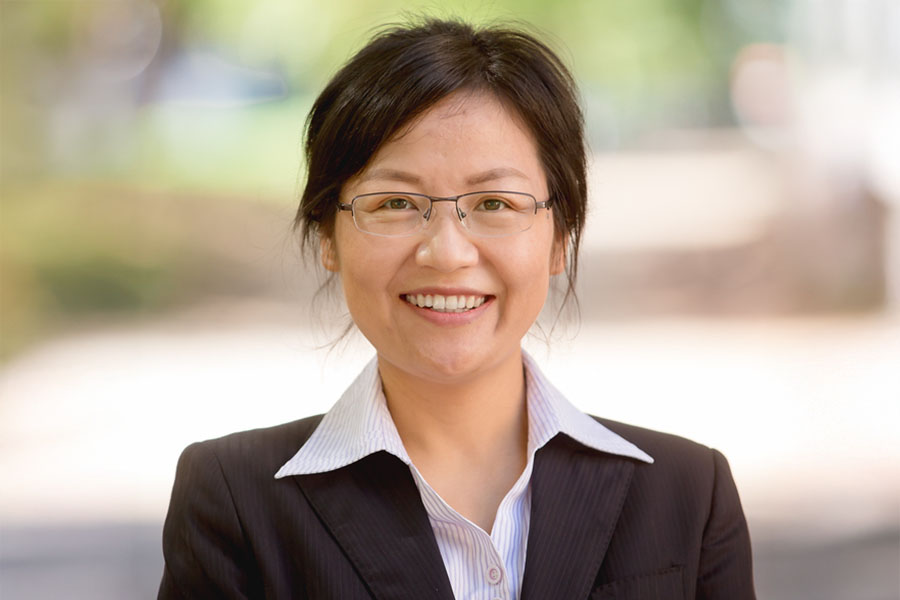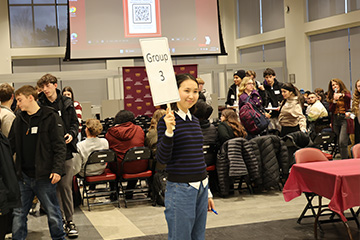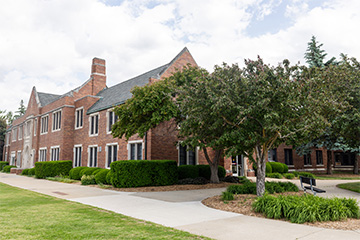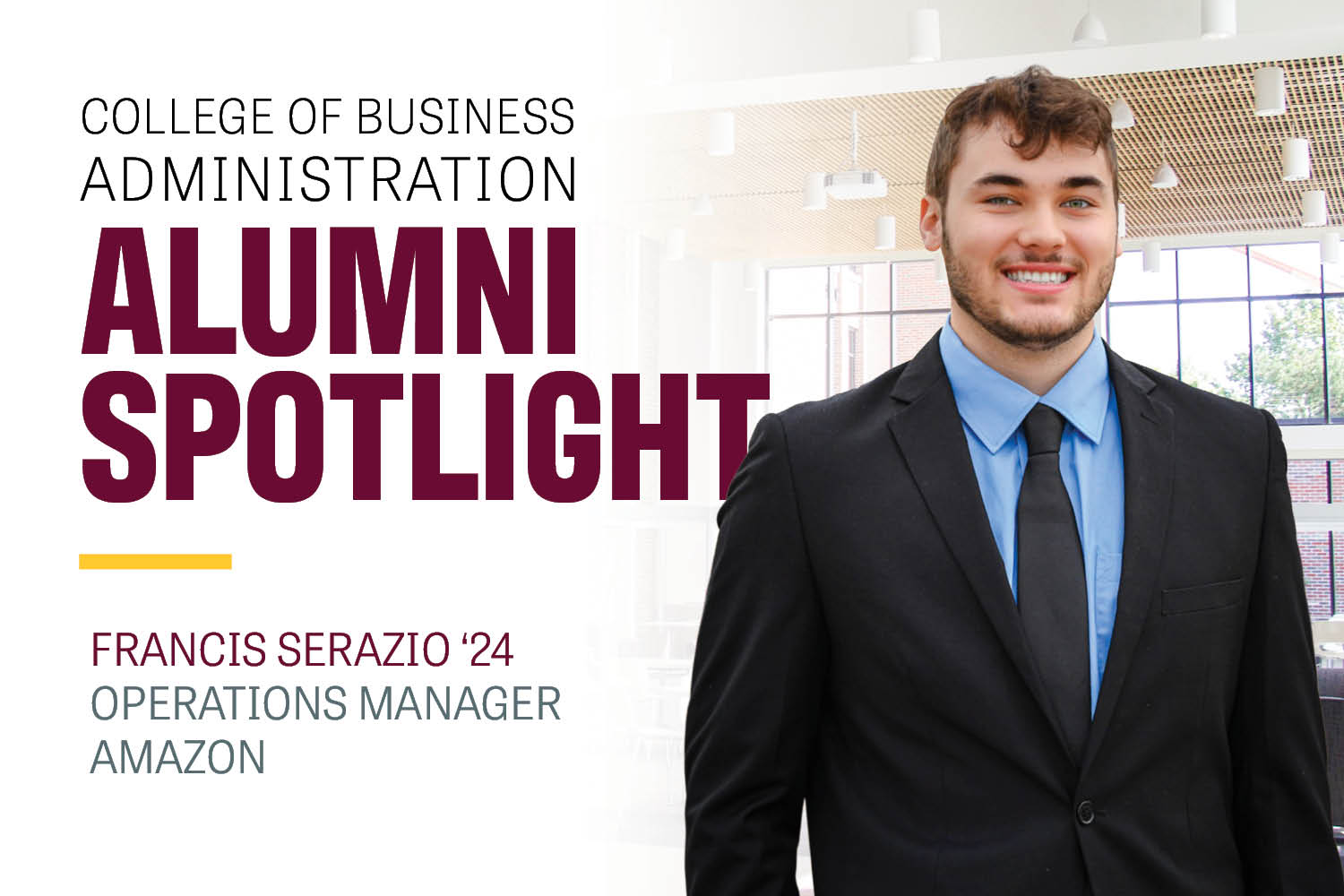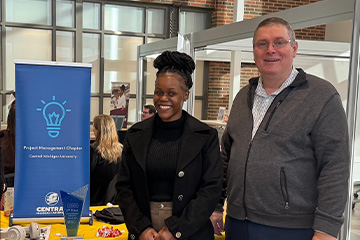Building classroom economic insights from real life
Li Zhang brings global experience and a passion for applied learning to the CBA
Before she ever stood at the front of a college classroom, Li Zhang was working with banks, developers, and government agencies to manage housing finance in China. That career path taught her how economic systems function behind the scenes—but it was a different realization that brought her to teaching.
“I’ve wanted to be a teacher since I was a little girl,” Zhang said.
After completing her master’s degree, she entered the banking industry, where she rose from loan officer to department manager. Her role involved evaluating housing developers and writing risk reports that shaped lending decisions. But as the pressure of leadership mounted, so did her desire for change.
“I realized that was not what I wanted long-term,” she said. “My husband had studied in the U.S., so we decided to go see how people live here—and I applied to a Ph.D. program.”
She began a Ph.D. program at the University of Missouri but eventually shifted to a master’s program, planning to return to the banking industry. Along the way, strong mentorship and a renewed sense of purpose led her to reconsider. She later earned her doctorate in economics from the University of Alabama—bringing her childhood dream of becoming a teacher full circle.
Today, she brings real-world data, inclusive dialogue, and interactive experiments into the classroom.
“If you visit my class, you’ll see group discussions, simulations, and questions that encourage students to connect economic concepts to their everyday lives,” Zhang said. “I want them to leave not only knowing the definitions—but understanding how to apply those ideas as consumers, workers, and citizens.”
Her classes often incorporate classroom experiments—like public goods simulations—that allow students to test economic theories through behavior and peer interaction.
“I believe in learning by doing,” she said. “When students can engage in the system, they see the trade-offs more clearly. That’s when the learning sticks.”
Zhang’s research follows the same logic. She uses lab experiments and field studies to explore the motivations behind charitable giving, including how factors like inequality, social image, and tax incentives shape donor behavior. One of her most surprising findings? While wealthy individuals contribute the majority of total donations in absolute terms, lower-income groups give at least as much — and often a higher percentage — of their income compared to the rich.
“The data challenges some assumptions,” she said. “And that’s what I love about this work—it helps us design better systems, whether in policy or fundraising.”
As a first-generation college student herself, Zhang also emphasizes mentorship as part of her teaching philosophy.
“I didn’t always know what steps to take,” she said. “But mentors helped me see what was possible. That’s the role I hope to play for my students—both in and outside the classroom.”
Now settled in Michigan with her family, Zhang is excited to continue her research, collaborate across disciplines, and support the next generation of business-minded economists.
